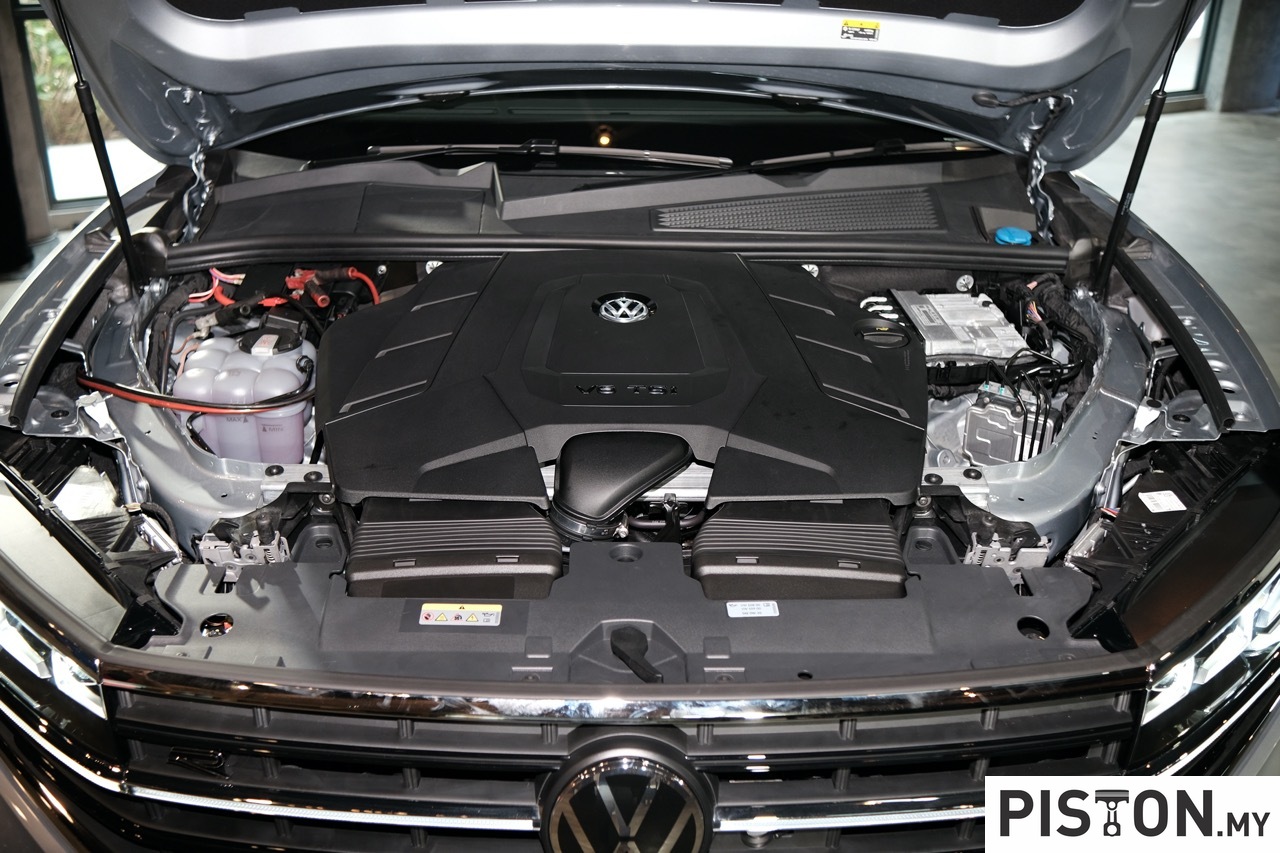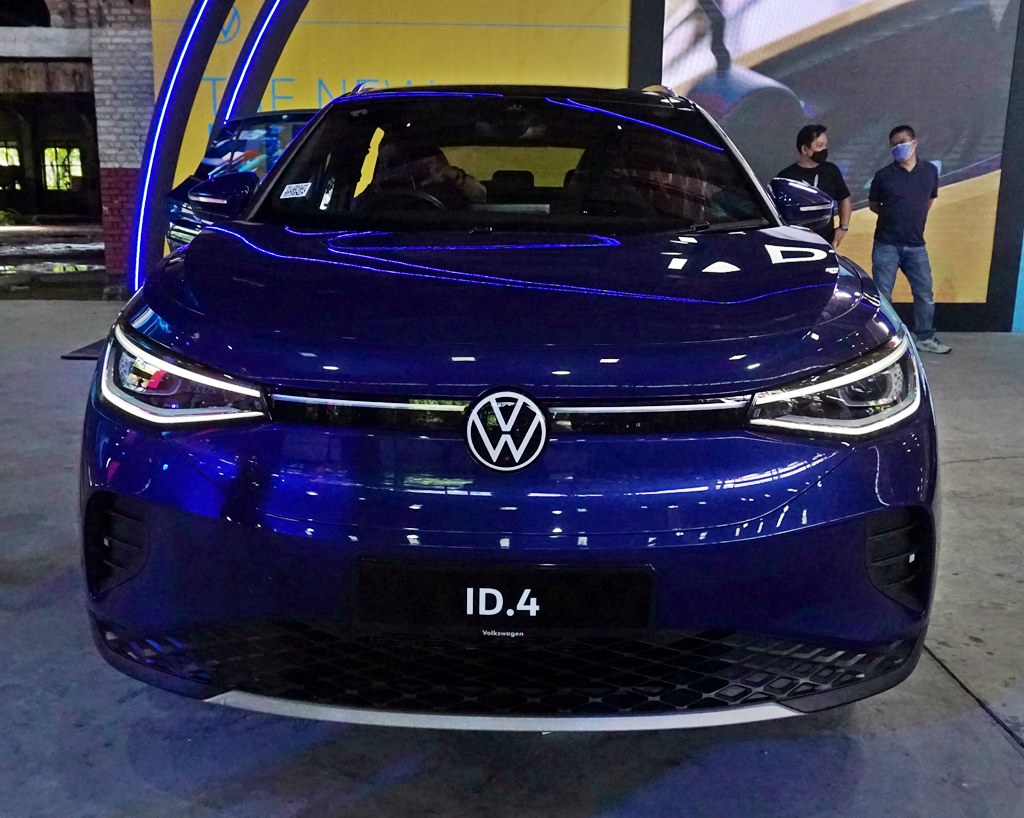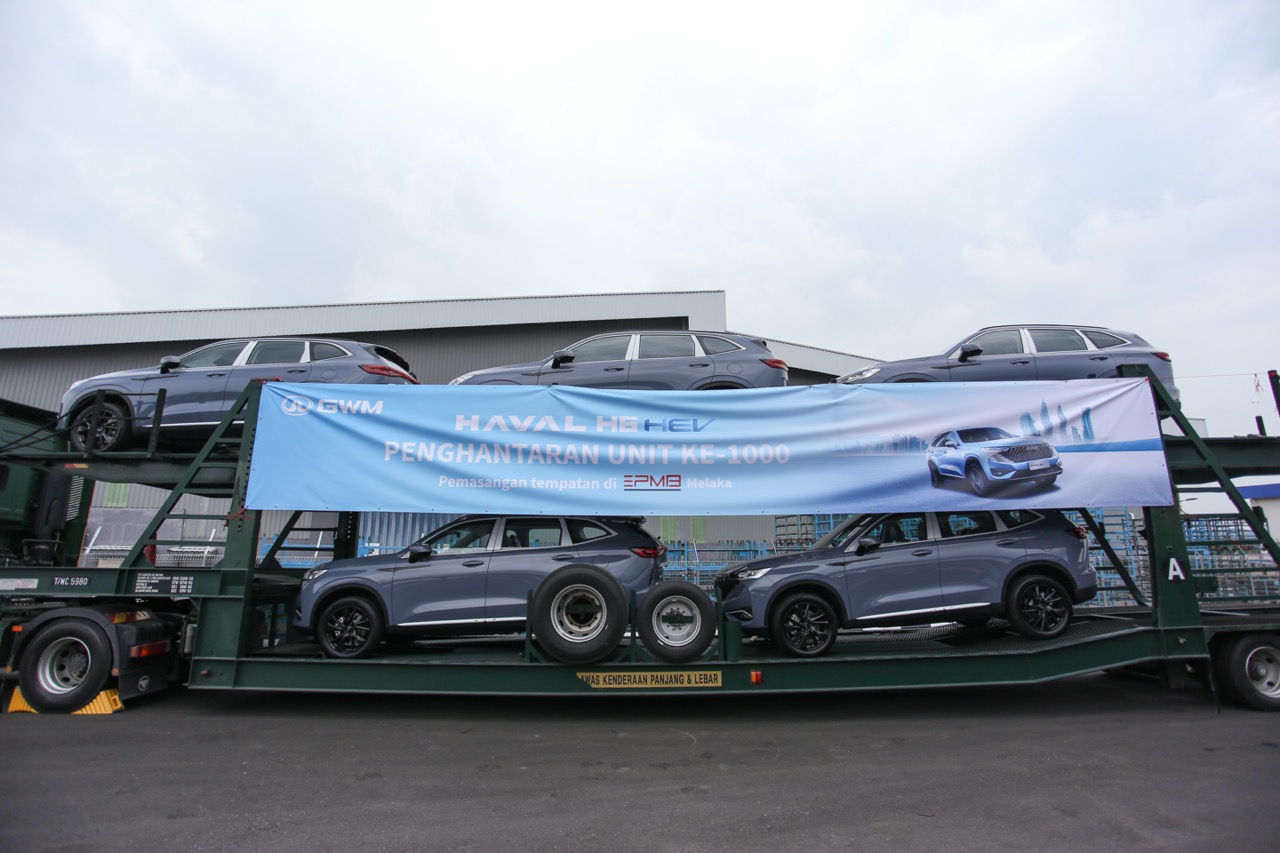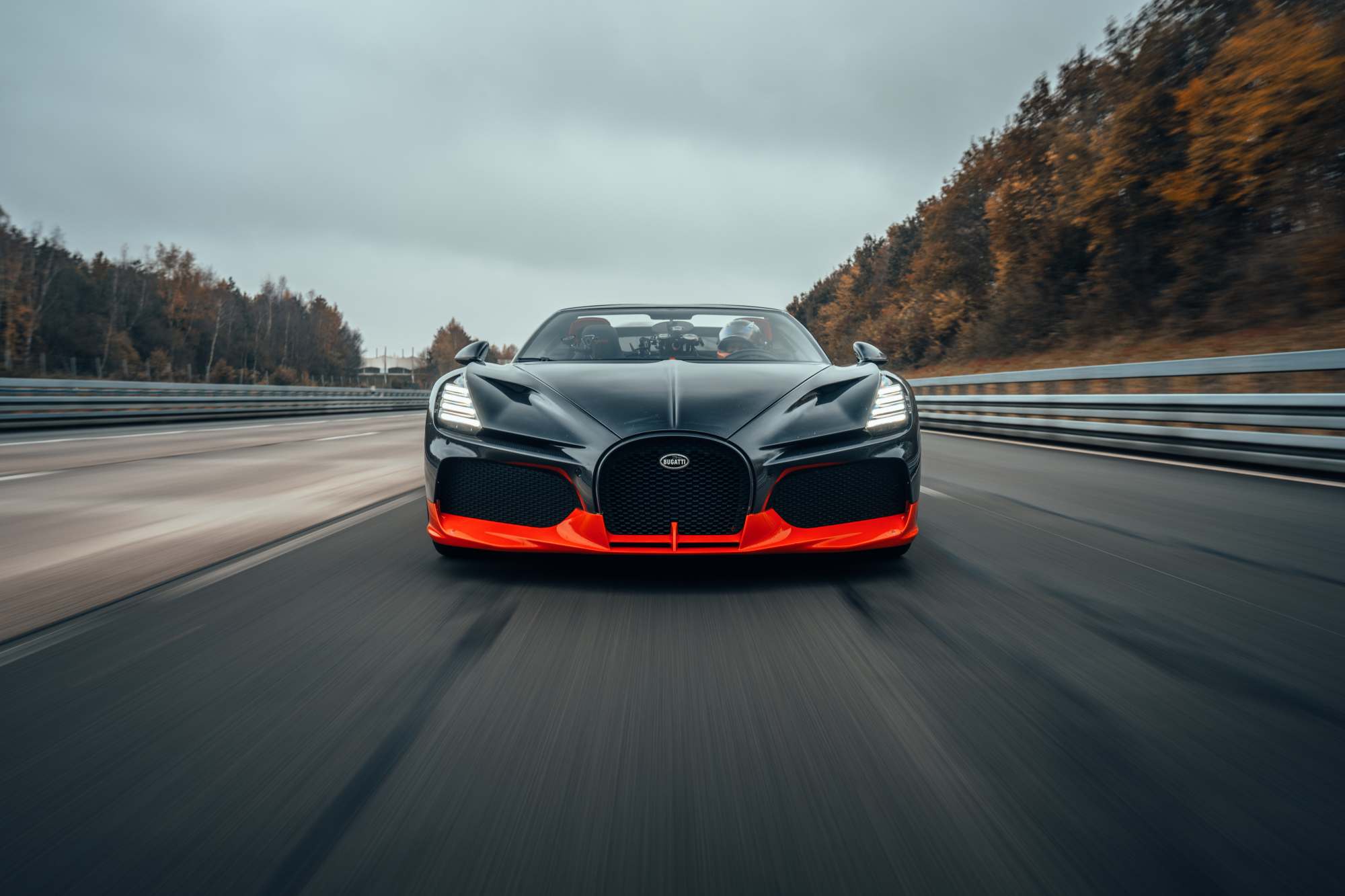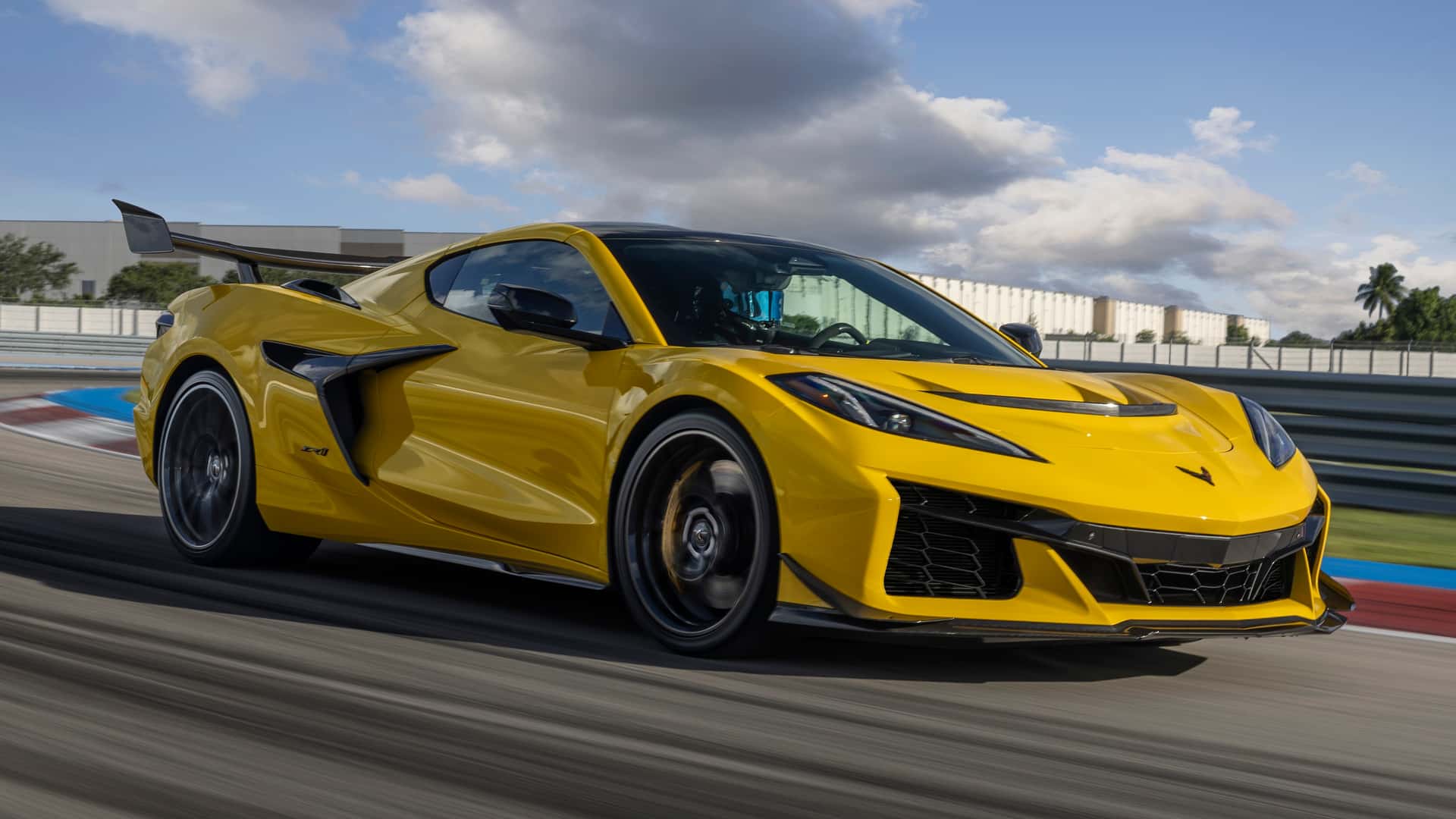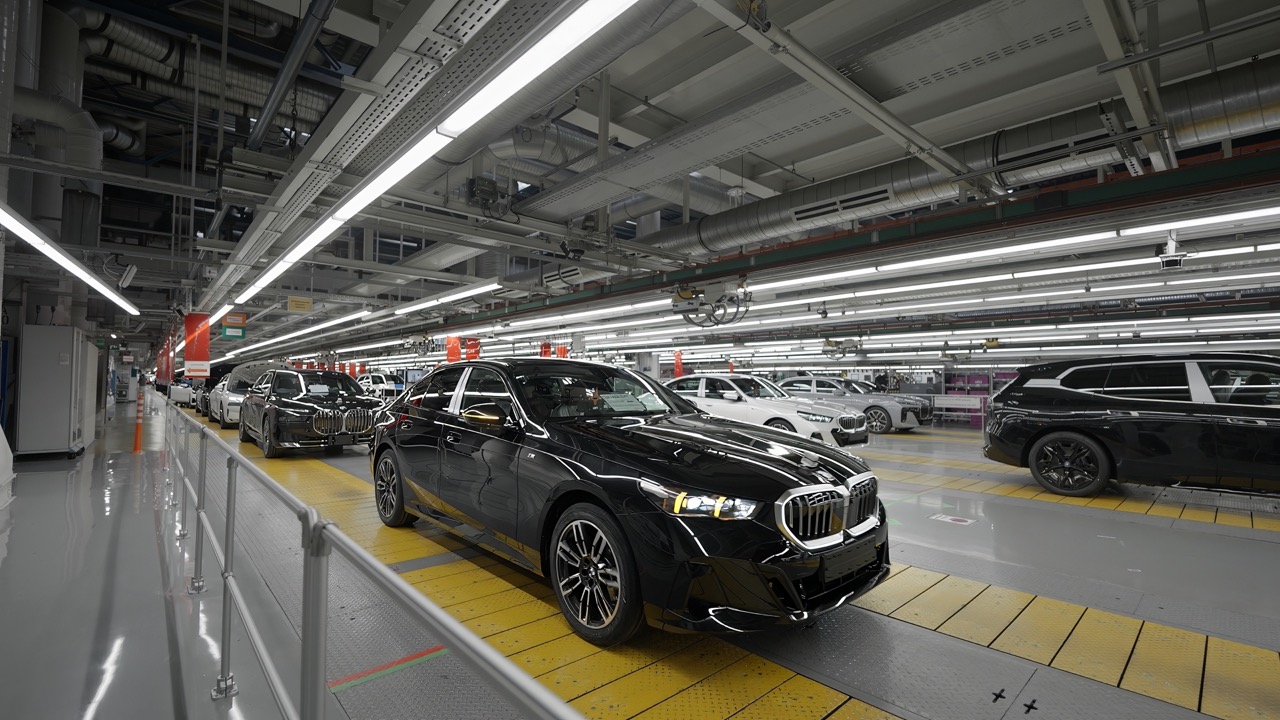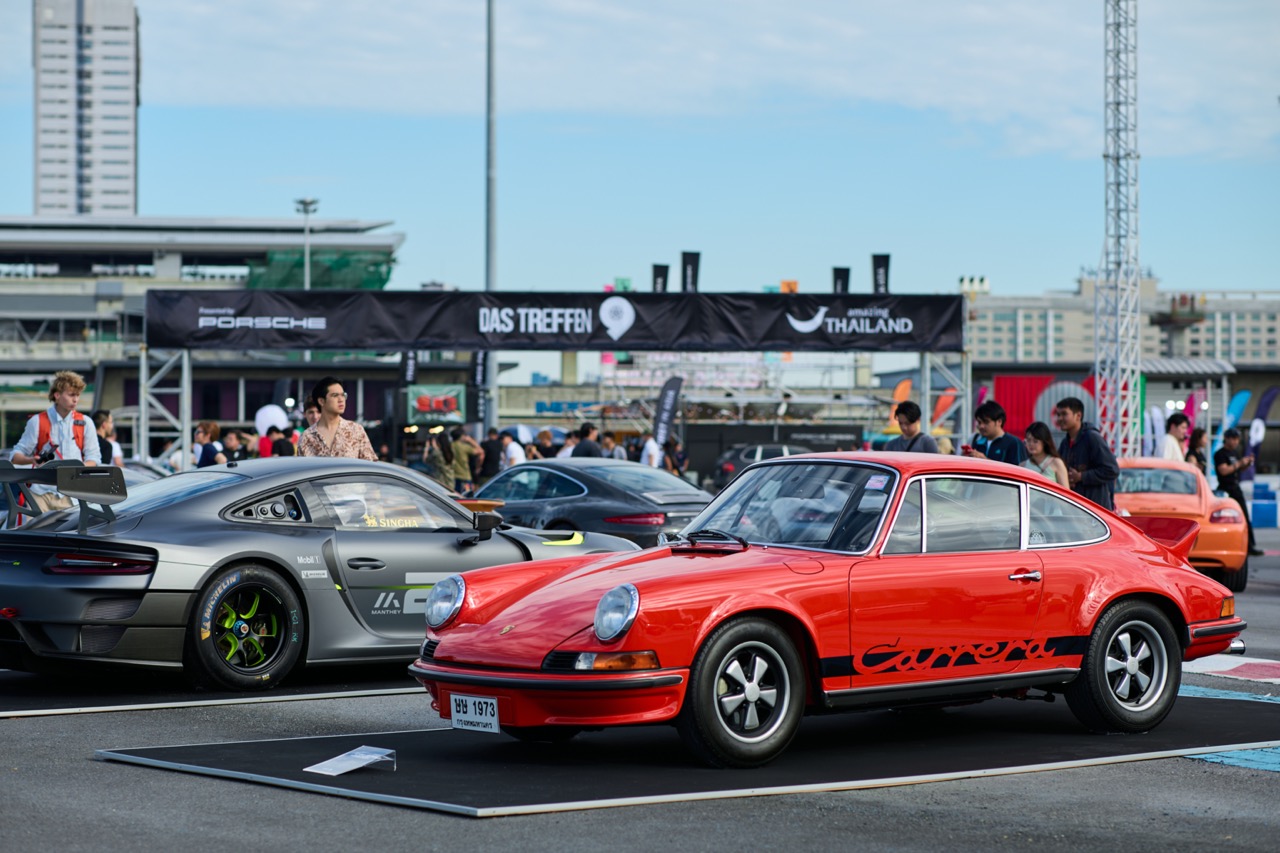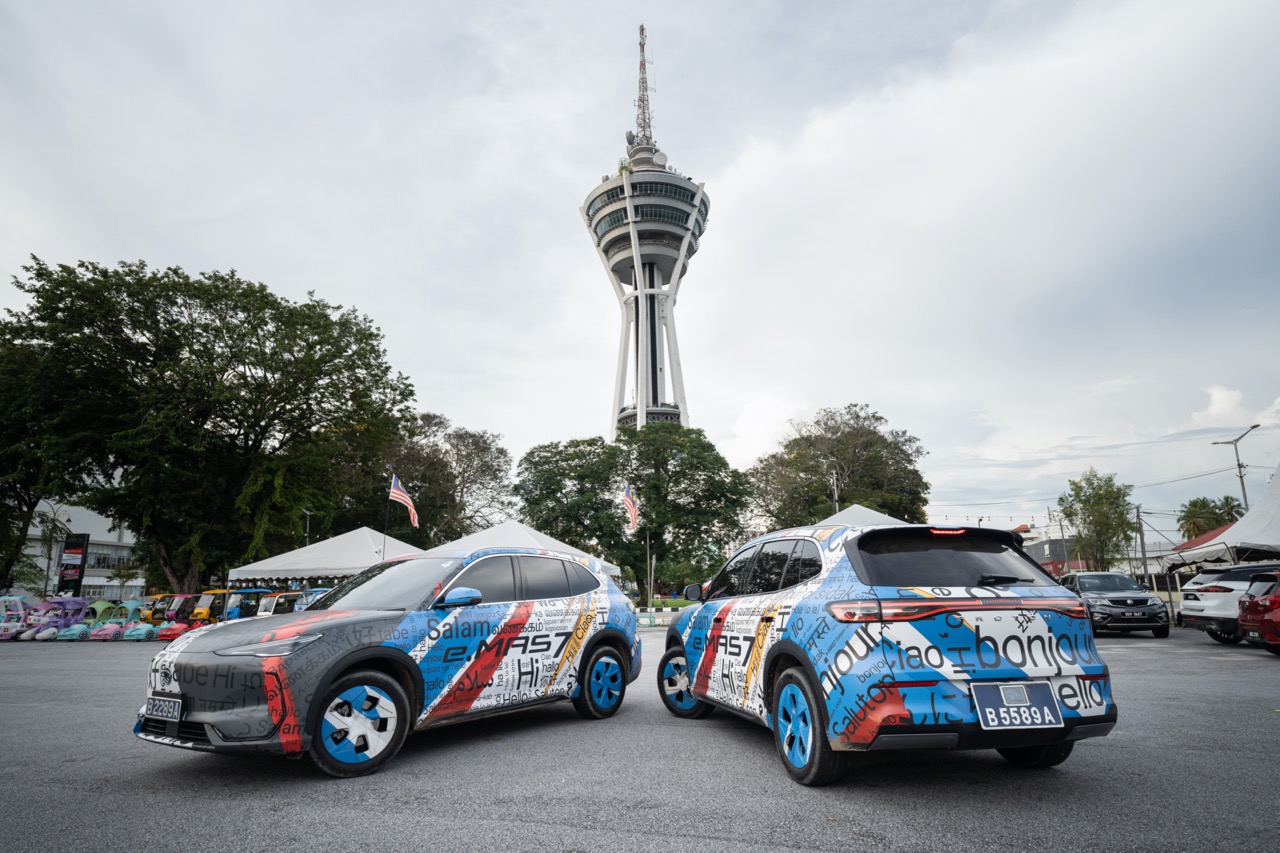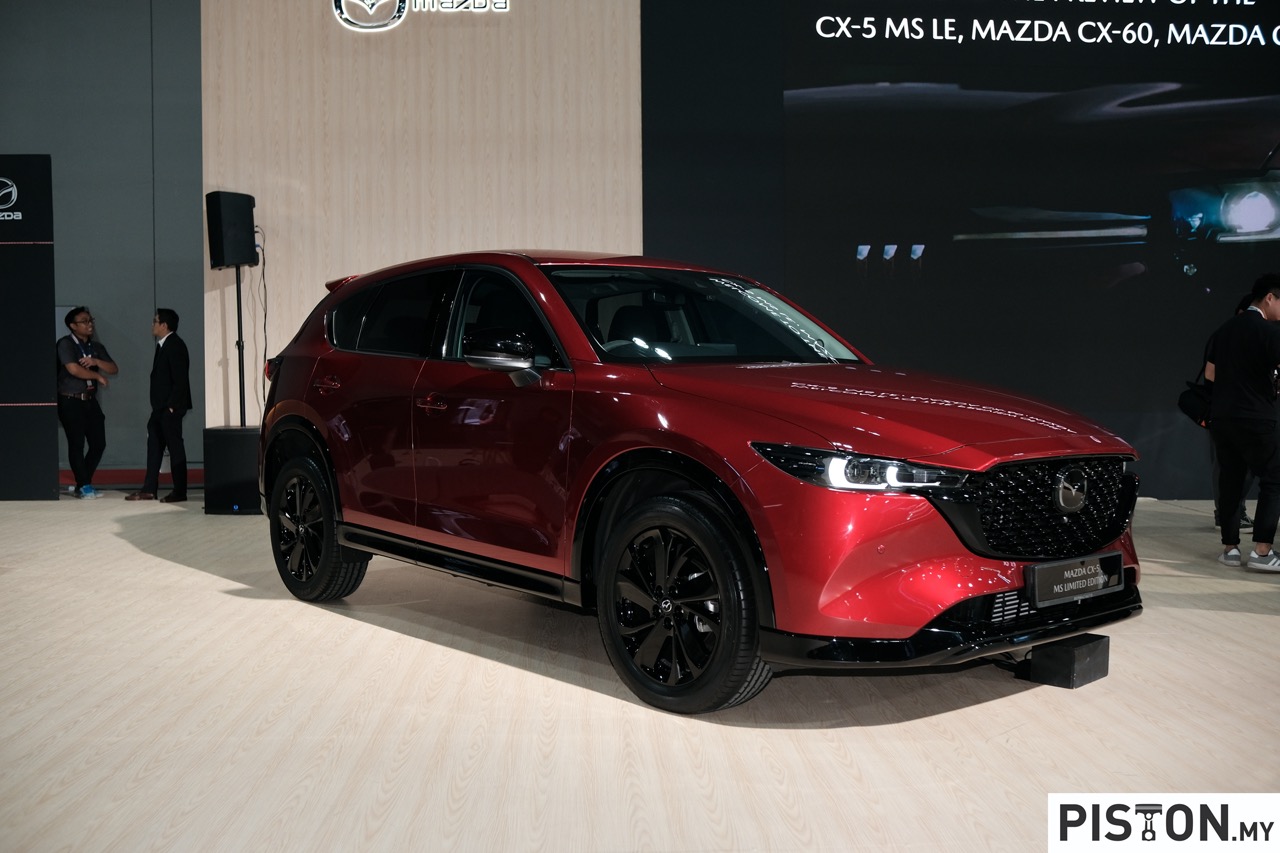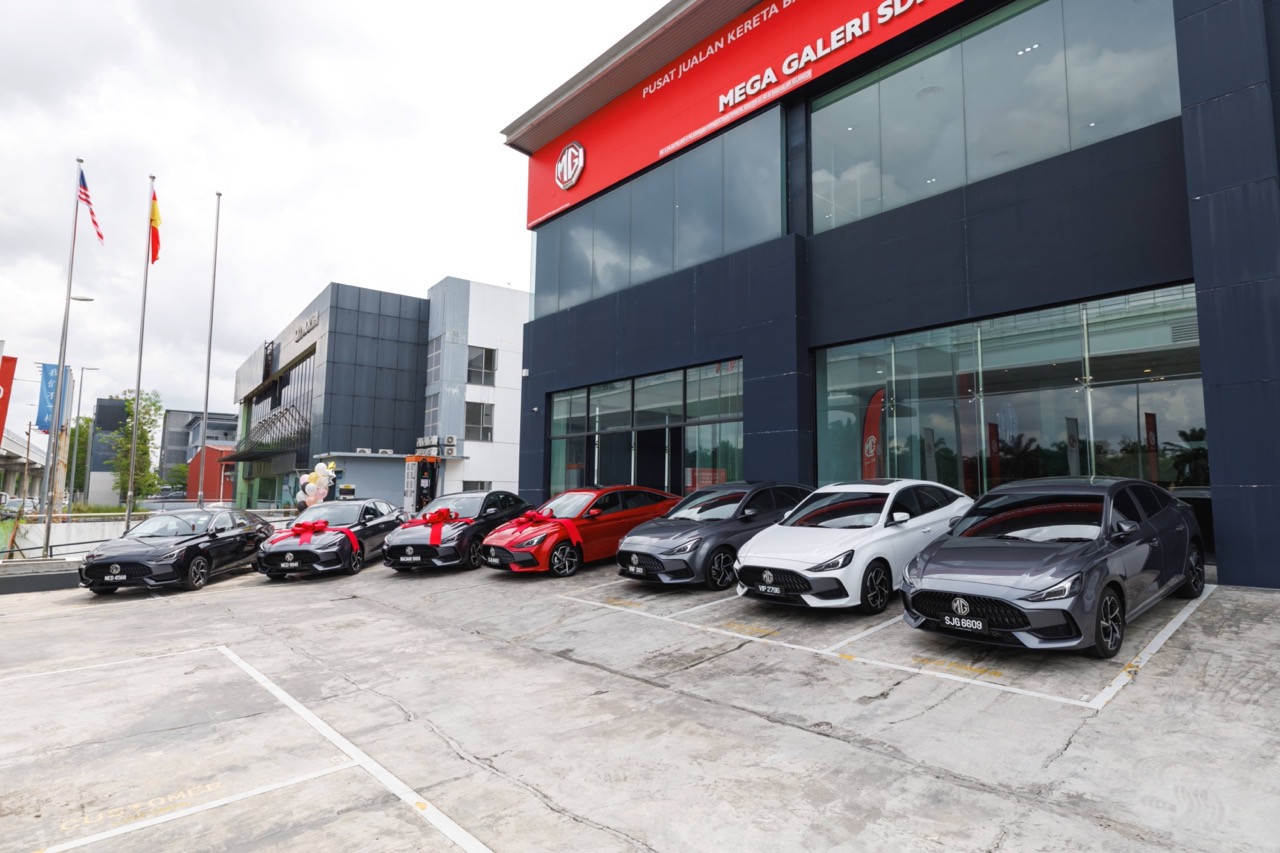Volkswagen has announced a significant shift in its electrification strategy, redirecting a portion of its EV-designated funds towards the development of petrol engines. Arno Antlitz, the company’s Chief Financial Officer, revealed that Volkswagen will allocate approximately $65 billion to ensure its combustion-engine cars remain competitive.
Despite acknowledging that electric vehicles (EVs) represent the future, Antlitz emphasised that traditional internal combustion engine (ICE) technology still has a crucial role. This adjustment marks a departure from Volkswagen’s earlier commitments, including its stated goal to sell EVs in Europe by 2033 exclusively. The company had previously projected that EVs would comprise 80 per cent of its global sales by the end of the decade.
The implications of this strategic shift for Volkswagen’s model lineup in the United States remain uncertain. However, it is anticipated that the U.S. market may see an increase in hybrid models alongside existing petrol-engine vehicles like the GTI. Volkswagen’s ID electric vehicles, particularly the ID.4, have faced lukewarm market reception in the U.S., potentially influencing this reallocation of resources.
This move by Volkswagen aligns with a broader industry trend. Several automakers, including Ford and General Motors, have scaled back their EV investments amid slower-than-expected growth in consumer demand. These companies are now focusing on hybrids and other fuel-efficient technologies to meet market preferences for more affordable options.
Additionally, some brands under the Volkswagen umbrella are exploring sustainable fuel alternatives. Porsche, for example, operates an e-fuel production facility in South America, while Bentley has postponed its transition to an all-EV lineup from 2030 to 2033. Volkswagen’s revised strategy indicates that ICE technology will persist longer than initially planned, even in regions with strong EV adoption like Europe.
This recalibration underscores the automotive industry’s ongoing balancing act between advancing EV technologies and maintaining the viability of traditional combustion engines during the transition period.




